Beyond the Straw: How To Improve The Sustainability of Your Operation, Part 1
Ever since a video of a sea turtle with a plastic straw in its nose went viral, straws continue to be top of mind for many plastic-conscious consumers today. While the straw craze created massive exposure to plastic pollution in oceans, removing plastic straws alone is not enough. According to National Geographic, plastic straws make up less than 1% of the total 150 million metric tons of plastic in the ocean.* Improving the quality of our oceans and the planet as a whole requires a comprehensive approach, from determining the right disposable products for your operation to proper waste management.
In part one of this article, we’ll help you better understand the spectrum of disposable product options and how they impact the sustainability of your operation. In part two, we’ll explore how to best manage these products once they reach the end of their use.
Selecting Sustainable Disposable Products
Disposable products have traditionally been produced using tree fiber and petroleum-based plastics. Today, products are produced using a whole host of raw materials that can reduce our reliance on finite resources, potentially reducing the overall impact on the environment.
Here is a list of disposable product materials listed from most to least sustainable:
1) Compostable
For units that can compost, this is the most sustainable option. Made from bio-based materials, it reduces the need for petroleum. Certified compostable products have been tested in a composting facility by Biodegradable Products Institute (BPI) or Cedar Grove.
 Polylactic Acid (PLA)
Polylactic Acid (PLA)
PLA is made from starchy plants like corn, grown right here in the U.S. Starch from corn kernels is processed into a biopolymer that looks, acts, and performs like petroleum-based plastics. PLA performs much like traditional plastics, but with the crucial benefit of being compostable in commercial composting facilities.
 Sugarcane
Sugarcane
Also known as bagasse, sugarcane is a renewable, fast growing resource that is grown for a number of purposes, like cane juice. With bagasse, you can still use high performing disposable “paper” products, but know that you are choosing a product that is made from rapidly renewable sugarcane instead of trees.
 Wheat straw
Wheat straw
Wheat straw is the stalk left over after wheat grains are harvested. Traditionally, it has been treated as a waste.
2) Recycled Products
Recycled products are disposables that are made from recycled materials such as recycled paper or plastic. Historically, recycled products have been considered to be a more sustainable option when composting is not available since they reduce the demand for virgin materials and the environmental impacts that can come with extracting and producing those materials. Unfortunately, recycled products are not typically made from all recycled material and must still be made from some percentage of virgin material. Additionally, there are embedded energy and water costs to recycling products, and sometimes availability of recycled products can be an issue.
 Post-consumer recycled polystyrene (RPS)
Post-consumer recycled polystyrene (RPS)
RPS is polystyrene that was previously used in other products and has been recycled instead of heading to a landfill.
 Post-consumer fiber (PCF)
Post-consumer fiber (PCF)
PCF is paper material that has been recycled after use. It was once the paper that contained a memo, book report, catalogue, instruction manual, or letter.
3) Reusable
Reusable products are very simply products that can be reused multiple times. Often times, there is a higher cost associated with reusable products since there is a need for collection points, dishwashing, and storage. Additionally, energy and water inputs are required when washing these products. Despite these inputs, using reusable products in place of disposables is generally considered to be the most sustainable option since these products are not disposed of after one use. Remember though, reusable items do not eliminate end-of-life issues, as they too will be disposed of at some point.
4) Certified Fiber
If compostable and recycled content products are not available, and reusable products are not an option, this is the next best alternative. Certified by the Forestry Stewardship Council, this fiber comes from forests are managed sustainably:
Forestry Stewardship Council (FSC):

In order to be certified by the FSC, the supplier must not be involved in:
- Illegal logging or illegal wood or forest products
- Violating traditional and human rights in forestry operations
- Destroying high conservation values in forestry operations
- Significantly converting forests to plantations or non-forest use
- Introducing GMOs
- Violating ILO core conventions
FSC Certifications:
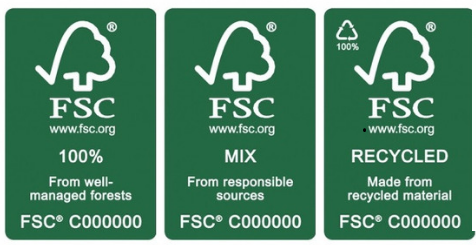
- FSC 100% means that the wood within the product comes from FSC-certified forests, one third of all FSC certified products are FSC 100%
- FSC Recycled means that all the wood or paper within the product comes from reclaimed or reused material
- FSC Mix means the wood in the product is from FSC-certified material, recycled material or controlled wood
Click Here to learn more about the Forestry Sustainability Council.
Click Here to read part 2 of our Beyond the Straw series.
To learn more about how Foodbuy can help your operation become more sustainable, please Contact Us.
*https://www.nationalgeographic.com/environment/2018/07/news-plastic-drinking-straw-history-ban/

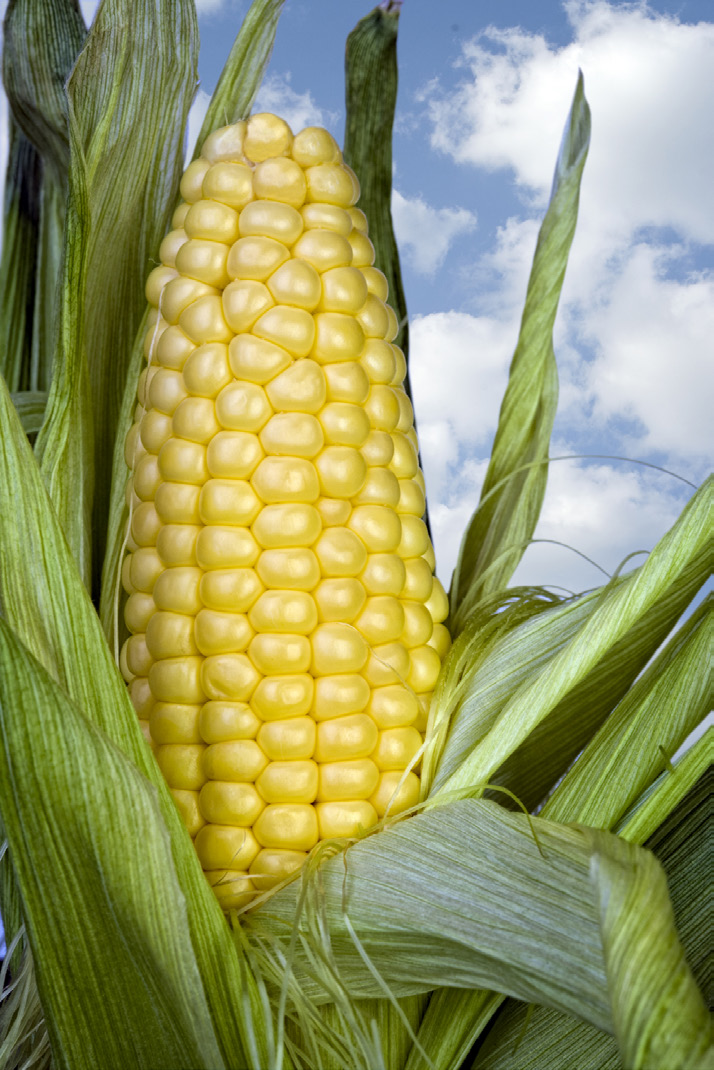 Polylactic Acid (PLA)
Polylactic Acid (PLA) Sugarcane
Sugarcane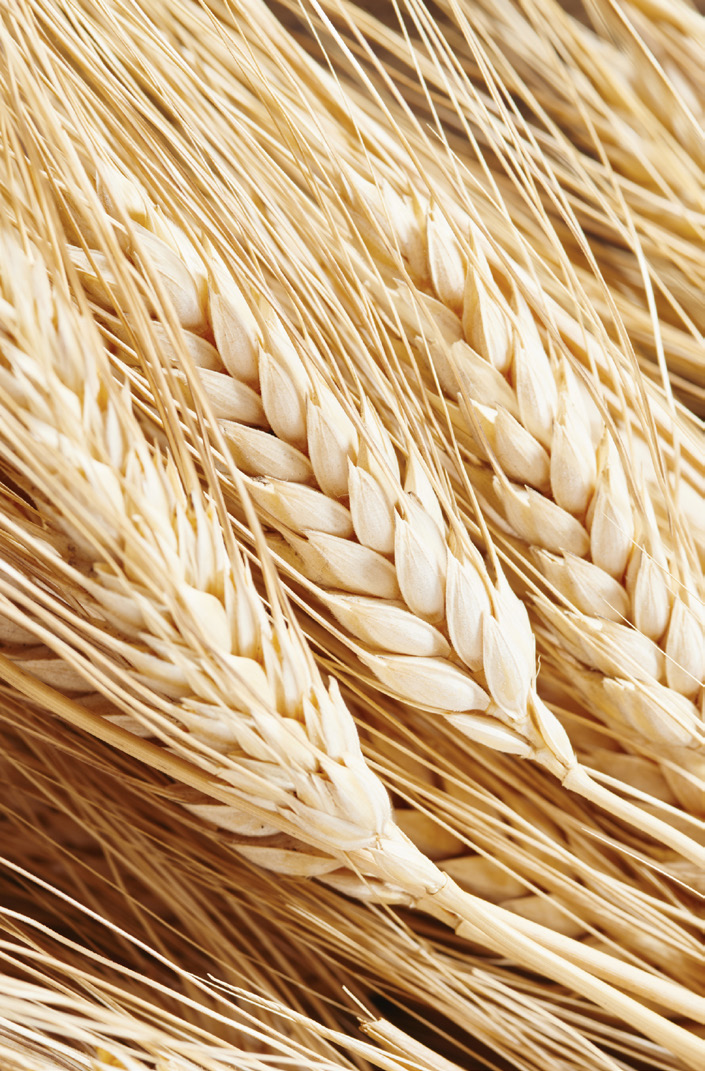 Wheat straw
Wheat straw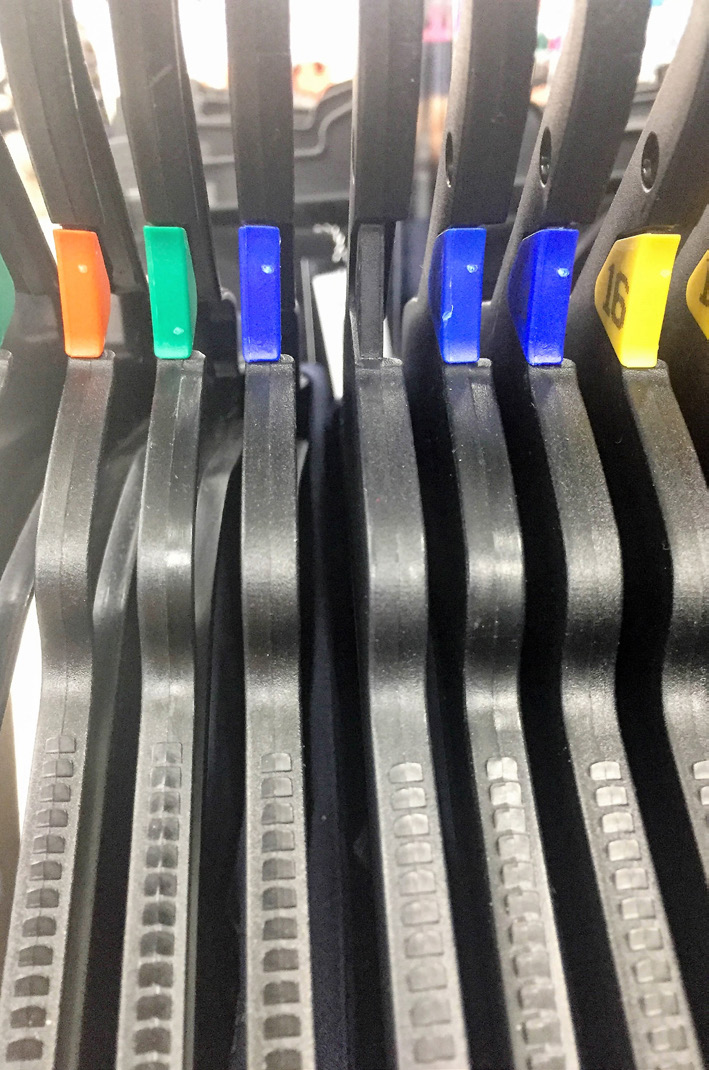 Post-consumer recycled polystyrene (RPS)
Post-consumer recycled polystyrene (RPS)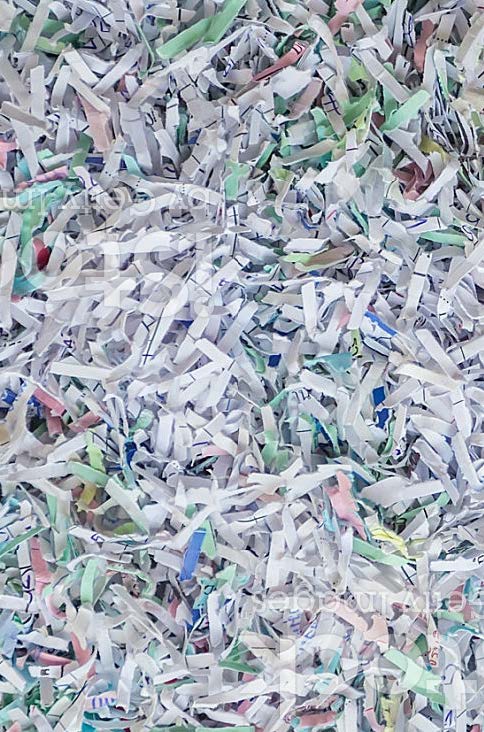 Post-consumer fiber (PCF)
Post-consumer fiber (PCF)